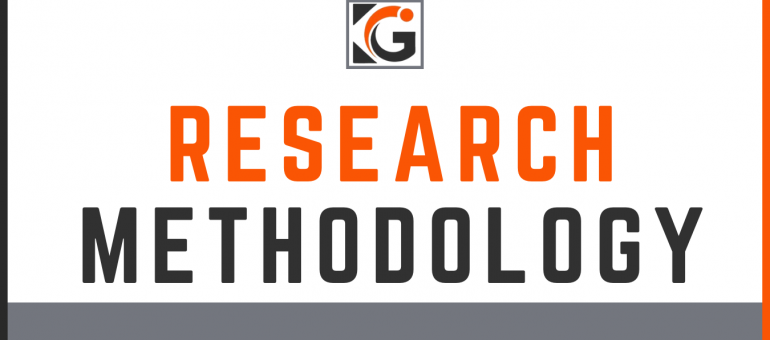GLIMPSE OF RESEARCH METHODOLOGY
Table of Contents
RESEARCH METHODOLOGY :
It refers to a search of knowledge. It can be a scientific as well as systematic research. The Advanced Learner’s Dictionary of Current English defines research as a thorough investigation or inquiry focused on discovering new facts in any field of expertise. Research is defined as any study that yields new findings.
Industrial Research:
The chairman of the General Motors said: Scientific management means a constant search for the facts and does an analysis on; a researcher can spend any much amount to find the facts. If we find facts we can do a good research on it.
Educational Research:
R.M Hutchins says, “Research in the sense of gathering data for the sake of gathering them has no place in a University Research in the sense of the Development, elaboration and refinement of principles, together with the collection and use of imperical materials to aid in these processes, is one of the highest activities of a University and one in which all its professors should be engaged.”
According by some Renowned educators they regarded Research as the Honest, intelligent searching for facts and find a solution to the problem. Educational Research ails to make contributions towards the solution of problems in the field of education by the use of method.
Motivation in Research:
General people response to the question was they are curious to learn new things. However, there could be other couple of things to get him or her motivated:
- Desire to earn a research degree along with its consequential benefits.
- Desire to acquire reputation and acclaim from his fellow men.
- Desire to render some service to society.
- Desire to get intellectual joy of doing some creative work.
Scientific Method of Research:
In general, a scientific law is a description of a phenomenon that has been observed. It makes no attempt to explain why or how the phenomena occur. A scientific theory is an explanation for a phenomenon.
It is based on certain postulates:
- Depends upon empirical Research
- It utilizes relevant concepts
- Objective considerations
- It aims at nothing but making only adequate and correct statement about age ration in an area what are their view points
- Probalistic predictions
The goal of Research:
The goal of the research process to produce new research out of the old research and with help of data collected. It deepens the understanding of the topic. It has three main
Forms
- Explanatory research: Identify and define a question- example: Literature searches, depth interviews, focus groups, and case analysis are all popular approaches of explanatory study design. Magazines, newspapers, trade literature, and academic literature may all be included in the literature search.
- Constructive research: which tests theories and proposes solutions to the problem or question
- Empirical Research: tests the feasibility of a solution using empirical evidence- example: If a researcher wanted to know if listening to cheerful music improves prosocial behavior that would be an example of empirical research. An experiment could be done in which one group of audience members is exposed to cheerful music while the other is not.
Research Design:
- Descriptive and analytical Research: In case of descriptive Research it includes surveys and fact findings inquiries of different kinds. The major purpose of descriptive research is a description of the state of affairs as it exists at present.
In the case of analytical research: The researcher has to use facts or information already available and analyze these to make a critical evaluation of the material.
- Applied and Fundamental Research: Thus the central aim of applied research is to discover a solution for some pressing practical problem. . On the one hand, applied research aims to find a solution to a pressing practical problem, whereas fundamental research aims to uncover new information about a phenomenon and so add to the corpus of scientific knowledge. Qualitative and Quantitative Design: In the case of qualitative research, asking a broad question and collecting data in the form of words, images, etc. It is basically linked with the philosophical and theoretical social constructionists in our legal system.
In the case of quantitative research: Asking a narrow question and collecting numerical data to analyze utilizing statistical methods. It relies upon random sampling.
Conclusion:
After the reader has done reading the article, the conclusion should help them comprehend why your research is important to them. A conclusion is a synthesis of essential arguments, not just a rehash of your points or a re-statement of your research problem.
Analysis of the case of Navtej Singh Johar v. Union of India

